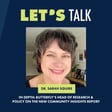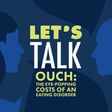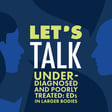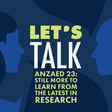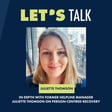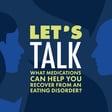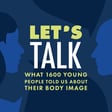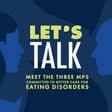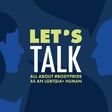
It still hurts: Appearance-based teasing when you're a kid
Many of us remember being teased about our appearance in primary school because it happens - a lot. Perhaps we don’t think about it much now, but chances are the experience has left a mark on who we’ve become. The research is clear: Appearance-based teasing is a key risk factor for a child to develop body dissatisfaction which, in turn, can negatively impact their life outcomes, including their mental health, career, and relationships. Body dissatisfaction is also one of the highest risk factors for eating disorders.
"There's research showing children as young as eight describing their weight and size as a problem because they've experienced appearance-based teasing," says expert researcher Dr Steph Damiano. Appearance-based teasing, which is rife, is also related to more intense disordered attitudes and behaviours around food." To a large degree, this problem is related to cultural stigmas around size and weight, which can be internalised by children as young as three.
"I was always naturally a very low weight and also very tall for my age," says mental health worker Jenna Abbasi, who has lived this firsthand. "I was teased about my size and height, my colour, my teeth, my hair, my nose...I was labelled as the skinniest person in school and a rabbit. It's still very difficult for me not to be self-conscious about my body because the social anxiety from that time has never left."
Psychologist Louise Adams, who counselled clients on body acceptance long before she had her own children, has worked hard to protect them. However, she admits her larger-bodied daughter experienced the full brunt of fat-phobic comments in primary school and still suffers from it.
To address all of this, Butterfly Body Bright was developed in association with experts from La Trobe University to promote body-positive peer environments for younger kids. "The program shifts all of our mindsets," says teacher and pastoral care worker Sarah Price. "We’re not only teaching kids about the impact of what they say to other people but also what they can say to themselves."
"The full program is evidence-based, easy to execute, and comprehensive about developing a positive body image,” says Dr Damiano. Regarding appearance-based teasing, the teachings are all about encouraging children to treat each others' bodies with respect and to stand up for themselves and others in the face of hurtful comments.
See omnystudio.com/listener for privacy information.




